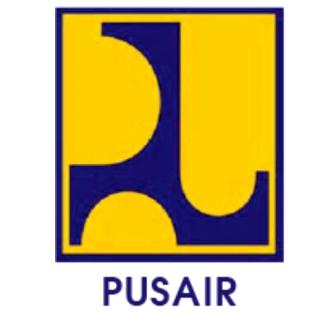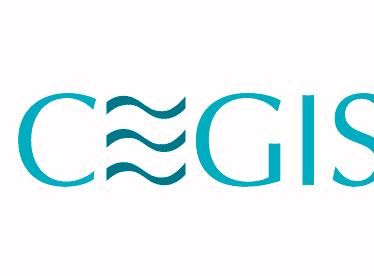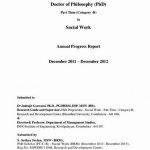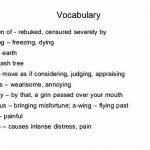Wednesday 19 June 2013
Water management should produce sustainable solutions. Due to climate changes, rising sea levels and population growth, for example,that is very difficult, however. Science acknowledges the uncertainty and aims to help with decisions that are robust or flexible. By exploring sustainable solutions, an adaptation map can be produced. This map, a kind of TomTom GPS system for future water management, makes it easier to take an optimal decision. “There is still a lot to be gained from this”, says PhD student Marjolijn Haasnoot.
Haasnoot, who works for the Deltares knowledge institute, conducted her research within the University of Twente (IGS Institute) and Utrecht University. She will defend her thesis on Thursday 20 June at the symposium Adaptive Delta Management; How can science support decision-making under uncertainty?,. which will also be attended by a number of prominent speakers.
New way of thinking
Following the disastrous floods of 1953, our response was reactive where solutions to protect the Netherlands from flooding were concerned. The execution of the Delta Works is a good example of this. These days we look forward: to the medium term until 2050 and to the long term to 2100. Haasnoot’s research not only examines the distant horizon, but rather focuses on the paths that lead to that future. On the way to that future all kinds of things can happen; high water levels, prolonged drought, greater knowledge about climate change or changing societal appreciation for nature or safety. These are all uncertain factors, but they also determine the measures we take over the course of time.
Haasnoot: “By exploring future paths you determine whether a chosen solution is sustainable or a dead end. In this way you can choose solutions that are either robust or flexible. Flexible solutions include taking small steps that ultimately contribute to a major step. There are also solutions that are less sustainable. For example, building on floodplains limits the possible measures. If you choose a solution that should be future proof, then a robust solution is desirable. Consider climate dikes, for example. A good example of a flexible solution for coastal defence is sand replenishment. That is fairly easy and relatively inexpensive to adapt to unforeseen circumstances.”
Thinking in terms of flexibility, robustness and adaptation paths is the focus of the Delta Programme strategy.
Acceptance and exploration Haasnoot recommends that policymakers accept that there are uncertainties and therefore explore all possible solution directions. There is a lot of interest in the subject from the water sector both at home and abroad. The transport and various spatial disciplines have also already expressed interest.
Note for the press
More information or the thesis Sustainable Water Policy Pathways for an Uncertain Future by Marjolijn Haasnoot (CTW faculty) can be obtained from UT science information officer Jochem Vreeman .






 Bharathiar university phd thesis writing
Bharathiar university phd thesis writing Open university uk phd thesis writing
Open university uk phd thesis writing Clark honors college thesis proposal
Clark honors college thesis proposal Definition of thesis writing chapter 1
Definition of thesis writing chapter 1 Neutral tones thomas hardy thesis writing
Neutral tones thomas hardy thesis writing






